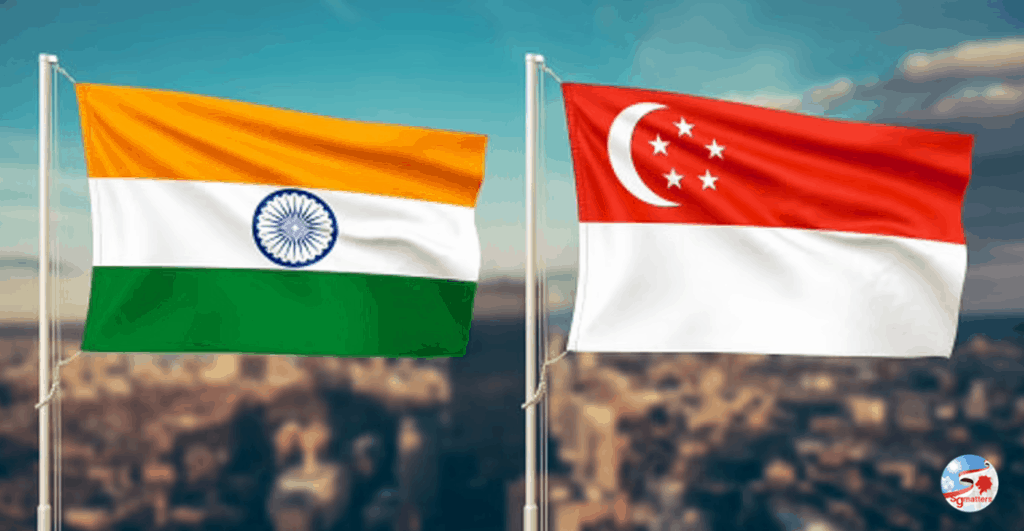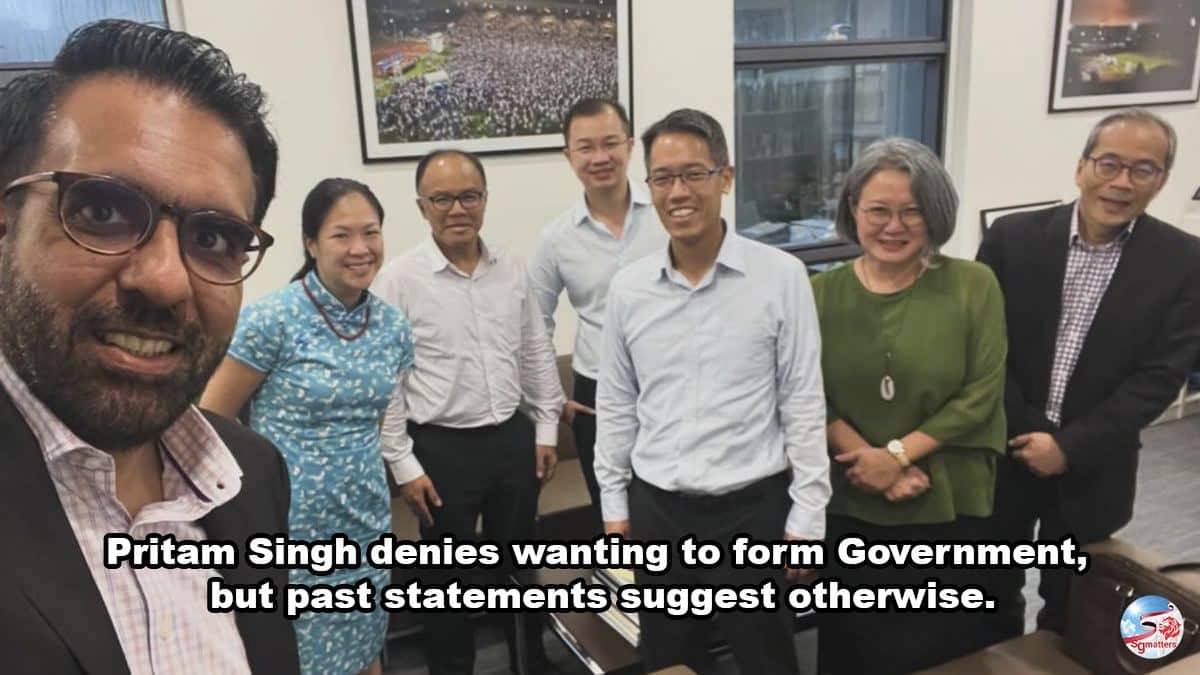Singapore is small. That’s an unchangeable reality of our existence. As a small country, we have to stay open. And being small means we cannot compete with others on ‘price and size’. We overcome our size by expanding overseas. We compete with innovation and quality – including the quality of our local workforce.
The Singapore economy is driven by trade in goods and services.
At over 300%, our trade to GDP ratio is the highest in the world. This means revenue is generated mainly by imports and exports.
Why free trade agreements?
Our high dependence on trade makes us vulnerable to anti-trade measures like tariffs.
Our very small size also means that our negotiating power is low.
In negotiating a bilateral trade agreement, we have to convince a large economy to open up their market to us in exchange for their access to our very small market.
Being very small also means that we have very few weapons at our disposal for retaliation in a trade war against us.
This is why Singapore takes a rules-based approach to all our international affairs and support multilateral institutions.
Free Trade Agreements (FTAs) are treaties, the agreed ways for trade and investment between 2 or more economies.
They are not just for our benefits. They are also for our protection.
Over the years, Singapore has forged an extensive network of over 23 implemented agreements.
Necessary to have some freedom of movement of people
Trading of goods and services must necessarily involve some freedom of movement of people.
For example, DBS cannot open a branch in India without deploying some of their Singaporean staff to India to oversee the setup and smooth operation of a new branch in a different country. Intra-corporate transferees exist in all our free trade agreements and not just in the CECA.
[irp posts=”1103″ name=”Free flow of Indian FTs to Singapore? Not according to India”]
Intra-corporate transferees (ICTs) under CECA
Intra-corporate transferees (ICTs) are stringently defined under CECA.
An intra-corporate transferee is here for a period of time.
He is someone ‘who has been so employed for a period of not less than either six months in the company and one-year industry experience or three years industry experience immediately preceding the date of the application for TEMPORARY ENTRY, and he is a manager, executive or specialist.
Definitions of manager, executive and specialist according to the CECA legal text
A 𝐌𝐀𝐍𝐀𝐆𝐄𝐑 is a natural person who
- primarily directs the organization or a department or subdivision of the organization,
- supervises and controls the work of other supervisory, professional or managerial employees,
- has the authority to hire and fire or take other personnel actions (such as a promotion or leave authorization), and
- exercises discretionary authority over day-to-day operations.
An 𝐄𝐗𝐄𝐂𝐔𝐓𝐈𝐕𝐄 is a natural person within an organization who
- primarily directs the management of the organization,
- exercises wide latitude in decision-making, and
- receives only general supervision or direction from higher-level executives, the board of directors, or stockholders of the business;
A 𝐒𝐏𝐄𝐂𝐈𝐀𝐋𝐈𝐒𝐓 means a natural person within an organization who possesses knowledge at an advanced level of expertise.
These are high-level staff.
These ICTs are here for a temporary period of time as is necessary and not for long term permanent employment.
[irp posts=”1087″ name=”Indian nationals can come to Singapore and become PRs and citizens under CECA? NOT TRUE!”]
FTAs have benefited Singaporeans
Singapore’s free trade agreements (FTAs) have helped more Singaporeans get employed in higher-skilled jobs.
The number of higher-skilled jobs for Singaporeans grew by 400,000 since CECA was signed in 2005.
The proportion of Singaporeans in PMET jobs has also gone up from 50 per cent to nearly 60 per cent.
In 2005, of the 1.65 million Singaporeans and permanent residents in the workforce, 825,000 of them were professionals, managers, executives and technicians (PMETs).
There are now 2.2 million in the resident workforce, of whom 1.25 million are in PMET jobs.
[irp posts=”981″ name=”Free trade agreements open doors to better jobs for Singaporeans, says Heng Swee Keat”]
A careful judgement call

Each of Singapore’s FTAs is a careful judgement call
As PM Lee said in 2018, “In each case, we have to judge – is it something hard to do, is it something worth doing, should we put the effort in, and if we do it, will it make a difference to our companies to give us greater access or greater assurance or more security?”
We do not spend hundreds of hours to cut trade deals that mean little to Singapore.
[irp posts=”1064″ name=”Salary criteria for EP, S Passes raised because of slack in labour market”]





